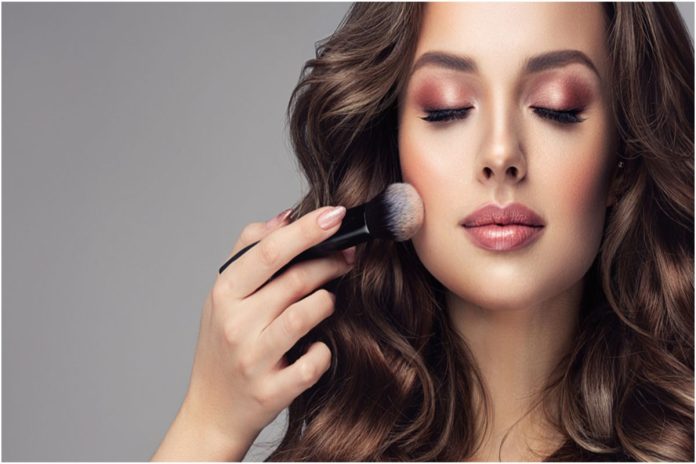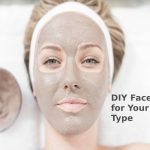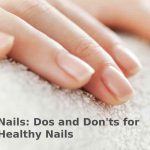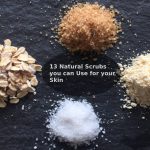If you’re reading this, chances are that you are feeling out of control when it comes to your skin — or you’re just here to get the tea on how makeup could be causing skin problems.
Whether your skin is breaking out, feeling dry, or aging faster than usual, we are going to show you just how your makeup might be making matters worse.
We will also share how you can regain control of your skin and work to alleviate any frustrating symptoms you’re having by using vegan and cruelty-free makeup in your beauty routine.
First, let’s look at the kinds of skincare and makeup faux pas that are causing your skin problems.
5 Makeup Skin Sabotages and How to Fix Them
If your skin has been going through it lately, there could be a variety of reasons why. Reference this list with your symptoms to get down to the bottom of it.
1. Harsh Ingredients Could Be Messing with Your Skin
How often do you read the ingredient label of every product you put on your face? Even if you do this often when purchasing vegan and cruelty free makeup, it can be difficult to know exactly what each ingredient can do to your skin. For example, some people are very sensitive to alcohol, which can be drying yet is still found in many moisturizers. For others, silicone can cause an aggravating reaction, which could result in peeling skin, dryness, breakouts, and clogged pores. If this sounds like something you’re experiencing, check your favorite products’ ingredient labels and maybe even pay a visit to your dermatologist to pinpoint the problematic ingredient.
2. Dirty Makeup Brushes Can Cause Breakouts
When you’re cleansing your face of makeup at the end of the day, are you making sure that your brushes and applicators are also clean? All too often, we forget to clean our makeup brushes, which could result in breakouts, clogged pores, and poor makeup application. Wash your brushes and applicators with a gentle face wash solution a few times a week. It’s also a great idea to routinely replace makeup brushes you have been using for a while. If you are breaking out in pimples randomly, it may be a sign your brushes and applicators are dirty.

3. Expired Products Can Wreak Havoc on Your Skin
Similar to any kind of food or beverage you eat, makeup also has an expiration date. If you apply makeup that is expired, don’t worry! Your face isn’t going to melt off. However, you may notice your skin reacts to expired products through breakouts, rashes, or a change in texture. To check to see if your product is expired, look for the Period After Opening (PAO) symbol on the back of your product. This symbol resembles a jar and has a number on it that indicates the number of months a product is good for after opening. It can be hard to remember when you opened the product and if it is within the time of the PAO date. Try to be more mindful or keep a journal of when certain products expire.
4. Use Caution Around Open Wounds
If you have an active breakout on your face, your natural urge is probably to try and cover it up with makeup and concealer. However, applying makeup over the top of an open wound or pimple could cause more irritation, and sometimes, even an infection. While it may be hard to refrain from makeup when you have breakouts, it could be the best thing for your skin and it could help resolve your blemishes faster.
5. Makeup Can Cause Allergic Reactions
Whether you know exactly which ingredients and products may trigger an allergic reaction for you, there may still be some sneaky ingredients in makeup that you don’t notice right away that can also cause reactions. If you notice redness, swelling, or rashes that appear on your face after you apply makeup, it’s best to discontinue use of the product and consult a dermatologist. Don’t just assume that your skin needs to get used to or adapt to the product. This could lead to more permanent damage.
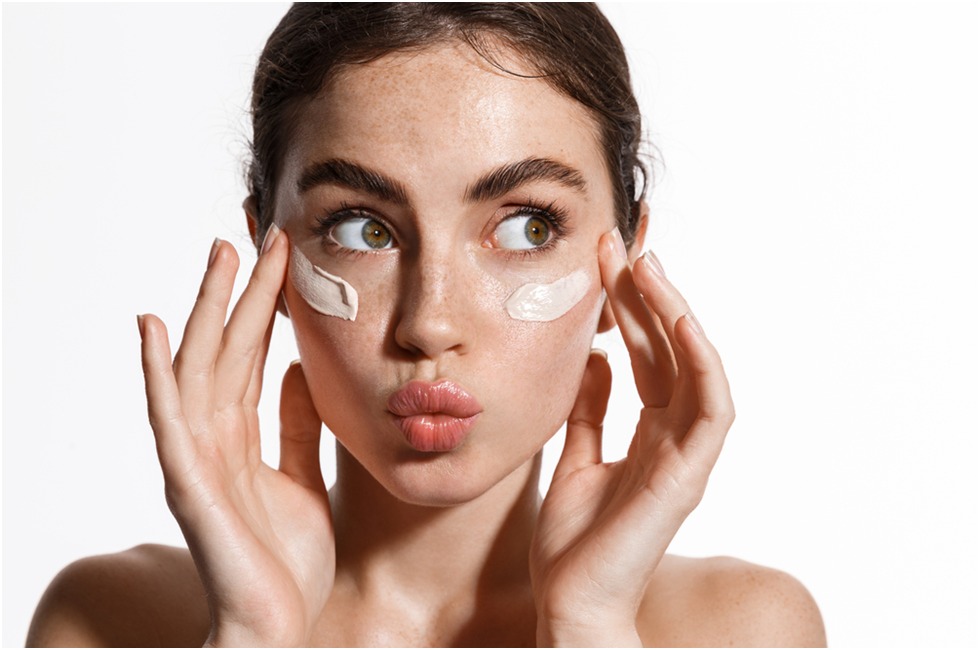
Understanding Your Skin Is the Best Line of Defense
Whether you have experienced these makeup skin sabotages or you would like to avoid them at all costs, the best way to protect yourself is to get a better understanding of your skin. How do you do that? Here are a few tips.
1. Visit a Dermatologist or an Esthetician
Dermatologists and estheticians can give you a better idea of your skin type and texture, as well as which products to use and which to avoid. Having a derm on hand is also smart in case you ever have a reaction to a skincare or makeup product. If you have particular questions about certain ingredients, these are the people you will want to consult.
2. Pay Close Attention to Your Skin’s Reaction to Certain Products
Usually, your skin will tell you a lot about its composition if you watch it close enough. By tracking any changes in your skin like breakouts, spots, moles, or dryness throughout the day and throughout an entire month, you may be able to pinpoint certain products that aggravate your skin or make it better. We love the idea of keeping a skin journal to track any changes — good and bad — for a month. This will give you a deeper understanding of your skin.
3. Keep a List of Ingredients You Are Sensitive to
By learning and understanding which ingredients and products irritate your skin, you can prevent yourself from trying new products that can do serious damage. If you find that your skin is very sensitive, you may want to try investing in clean beauty and skincare products that contain ingredients that aren’t as harsh. Some brands have lists of banned ingredients so you can have a little more peace of mind when buying clean beauty products.
We hope we have busted all of the makeup skin myths and sabotages so that you and your skin can live your best life! And remember — if you pay attention to your skin closely, it will tell you exactly which products and makeup you vibe with and the ones you don’t!


